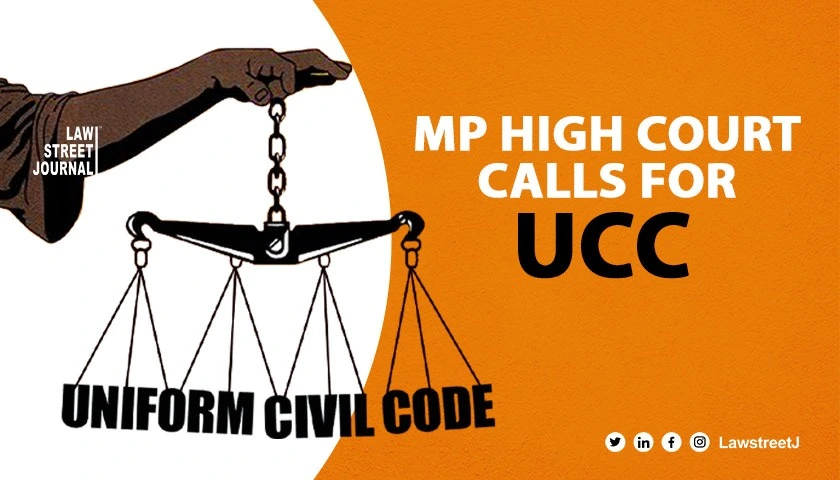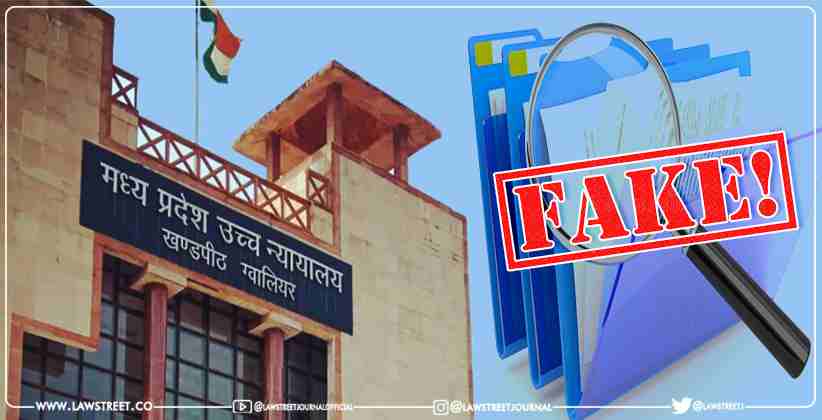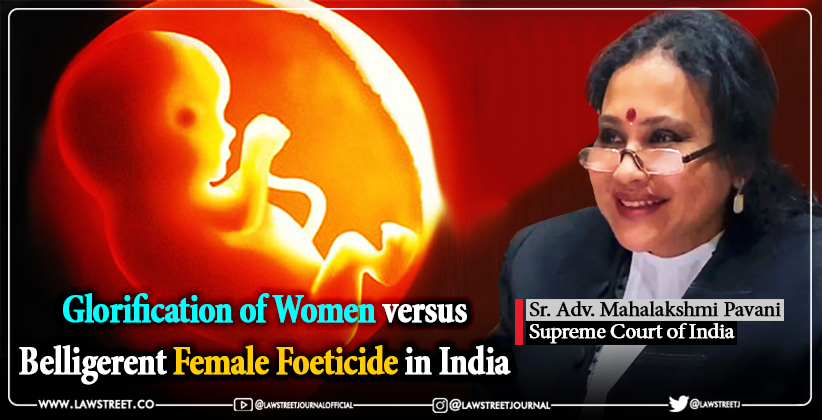Madhya Pradesh: The Indore Bench of the Madhya Pradesh High Court made significant observations regarding the need for a Uniform Civil Code while partially allowing a petition related to the Muslim Women (Protection of Rights on Marriage) Act, 2019.
While hearing a petition under Section 482 of the Criminal Procedure Code, Justice Anil Verma emphasized the importance of implementing a Uniform Civil Code in India, stating it “needs to become a reality, not just on paper.”
The court was addressing a petition seeking the quashing of an FIR registered for offenses under Sections 498-A and 323/34 of the Indian Penal Code, Section 3/4 of the Dowry Prohibition Act, and Section 4 of the Muslim Women (Protection of Rights on Marriage) Act, 2019.
Discussing the practice of triple talaq, the court observed, “Triple talaq is a serious issue. Unfortunately, this right lies only with the husband, and even if the husband wants to correct his mistake, it is the woman who has to face the atrocities of nikah halala.”
Also Read: Uniform Civil Code: Paving the Way for Equal Rights Across India's Diverse Communities
Justice Verma highlighted the need for social reform, stating, “There are a lot of other deprecating, fundamentalist, superstitious, and ultra-conservative practices prevalent in society that are clothed in the name of faith and belief.”
Additionally, the court emphasized the constitutional mandate for a Uniform Civil Code and observed, “Though the Constitution of India already encapsulates Article 44, which advocates a Uniform Civil Code for the citizens, the same needs to become a reality, not just on paper. A well-drafted Uniform Civil Code could serve as a check on such superstitious and evil practices and would strengthen the integrity of the nation.”
While quashing the charges under the Muslim Women (Protection of Rights on Marriage) Act against the petitioners, who were the mother-in-law and sister-in-law of the complainant, the court clarified that other charges would continue to be tried.
The court concluded by directing the trial court to proceed with the remaining charges without being influenced by the observations made in this order.





![High Court Prohibits Compulsion of Hijab and Islamic Texts on Students of Different Faiths at Ganga Jamuna School [Watch Video]](/secure/uploads/2023/09/lj_5754_f71da9b5-c632-4d0b-94b8-6f36245eb157.jpg)
.jpeg)






